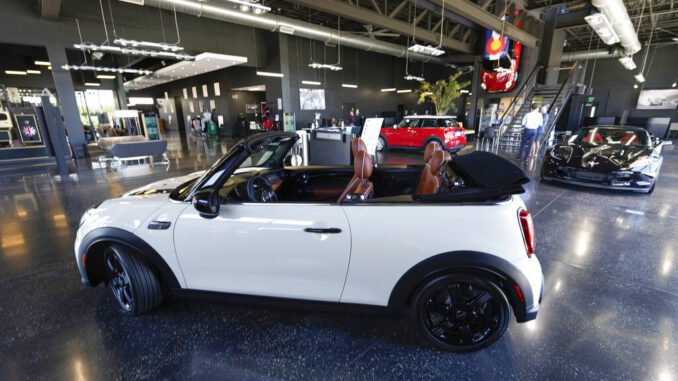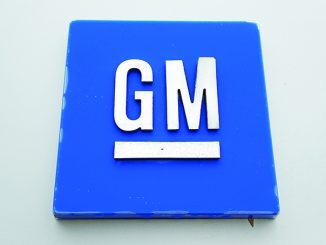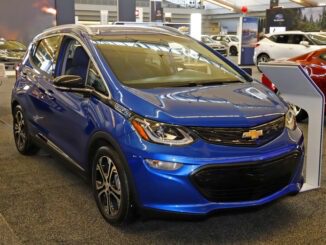
DETROIT — A tax credit of up to $7,500 could be used to defray the cost of an electric vehicle under the Inflation Reduction Act now moving toward final approval in Congress. But the auto industry is warning that the vast majority of EV purchases won’t qualify for a tax credit that large.
That’s mainly because of the bill’s requirement that, to qualify for the credit, an electric vehicle must contain a battery built in North America with minerals mined or recycled on the continent.
And those rules become more stringent over time — to the point where, in a few years, it’s possible that no EVs would qualify for the tax credit, says John Bozzella, CEO of the Alliance of Automotive Innovation, a key industry trade group. As of now, the alliance estimates that about 50 of the 72 electric, hydrogen or plug-in hybrid models that are sold in the United States wouldn’t meet the requirements.
“The $7,500 credit might exist on paper,” Bozzella said in a statement, “but no vehicles will qualify for this purchase over the next few years.”
The idea behind the requirement is to incentivize domestic manufacturing, build a robust battery supply chain in North America and lessen the industry’s dependence on overseas supply chains that could be subject to disruptions.
Production of lithium and other minerals that are used to produce EV batteries is now dominated by China. And the world’s leading producer of cobalt, another component of the EV batteries, is the Democratic Republic of Congo.
Though electric vehicles are part of a global effort to reduce greenhouse gas emissions, they require metallic elements known as rare earths, found in places like Myanmar, where an Associated Press investigation has found that the push for green energy has led to environmental destruction.
Under the $740 billion economic package, which passed the Senate over the weekend and is nearing approval in the House, the tax credits would take effect next year. For an EV buyer to qualify for the full credit, 40% of the metals used in a vehicle’s battery must come from North America. By 2027, that required threshold would reach 80%.
If the metals requirement isn’t met, the automaker and its buyers would be eligible for half the tax credit, $3,750.
A separate rule would require that half the batteries’ value must be manufactured or assembled in the North America. If not, the rest of the tax credit would be lost. Those requirements also grow stricter each year, eventually reaching 100% in 2029. Still another rule would require that the EV itself be manufactured in North America, thereby excluding from the tax credit any vehicles made overseas.
Automakers generally don’t release where their components come from or how much they cost. But it’s likely that some versions of Tesla’s Model Y SUV and Model 3 car, the Chevrolet Bolt car and SUV and the Ford Mustang Mach E would be eligible for at least part of the credit. All those vehicles are assembled in North America.
The tax credit would be available only to couples with incomes of $300,000 or less or single people with income of $150,000 or less. And any trucks or SUVs with sticker prices above $80,000 or cars above $55,000 wouldn’t be eligible.
There’s also a new $4,000 credit for buyers of used EVs, a provision that could help modest-income households go electric.
The industry says the North American battery supply chain is too small right now to meet the battery component requirements. It has proposed that the measure expand the list of countries whose battery materials would be eligible for the tax credit to nations that maintain defense agreements with the United States, including NATO members.
One component of the bill would require that after 2024, no vehicle would be eligible for the tax credit if its battery components came from China. Most vehicles now have some parts sourced in China, the alliance said.
Sen. Debbie Stabenow, a Michigan Democrat and a leading ally of Detroit automakers, complained that Sen. Joe Manchin of West Virginia, a critical Democratic vote, had opposed any tax credits for EV purchases.
“I went round-and-round with Senator Manchin, who frankly didn’t support any credit of any kind, so this is a compromise,” Stabenow told reporters Monday. “We’ll work through it and make this as good as we can for our automakers.”




